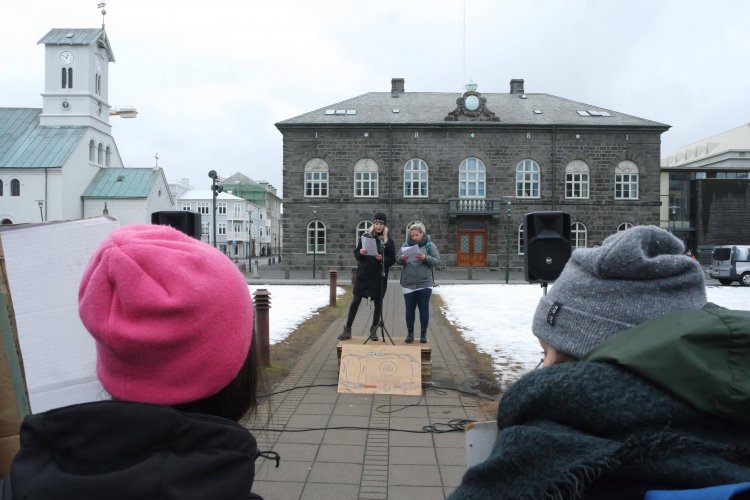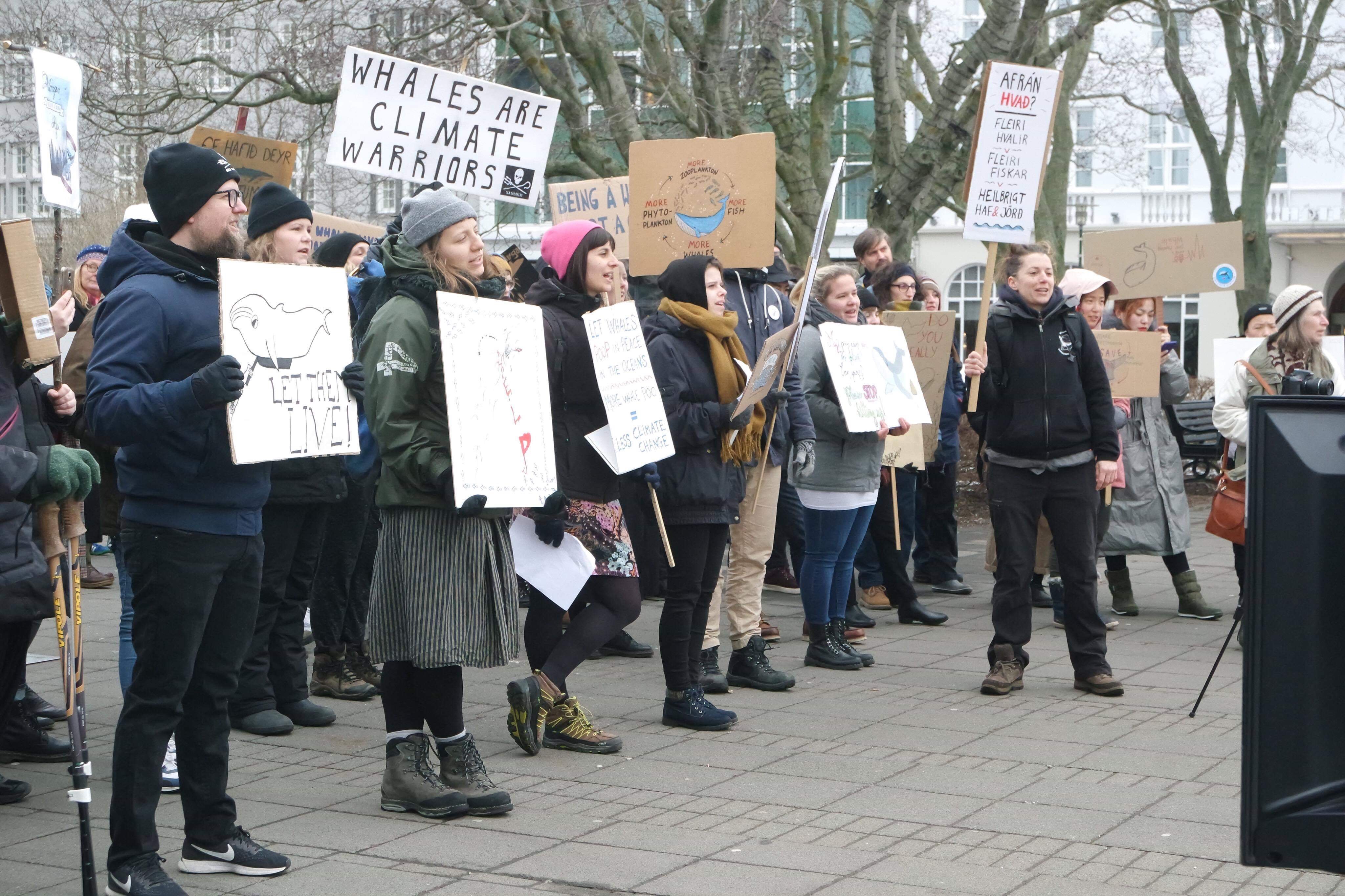
A bit about poop
Last time, when I looked back at my time in Iceland, I was writing in Latvian and it was “all flowers and sunshine”- how good it is here, and how many different things I can experience here. Now I am writing English, a reason for that, I could say, is: ”So my foreign friends would understand”, honestly and a bit sadly it is easier to write in English, I have to admit, but also for the friends! So, now I want to tell you more about some topics that are current here.
Don’t get me wrong, Reykjavik is still full of events, people (tourists) and so on. However, not long ago, the Icelandic government decided to renew the whale hunting permit for the next 5 years, till 2023, including as well endangered fin whales. I had the chance to participate in workshop organised by Sea Shepherds Iceland about whales and their impact on environment. I was really thrilled to see that in this workshop the people leading the talks were actually scientists, marine biologists, not just activists, who sometimes don’t have enough back up with actually scientific proof. After this meeting we started to organises anti-whaling protest, which happened on 24th of march. The protest was not as big as the ones who are happening every Friday by the parliament about climate change, but we have to understand that climate change is also connected to whales, who are the biggest marine mammals. By diving, migrating, producing large faecal plumes (it means pooping) and by dying in the oceans whales are improving primary productions and carbon storage. Basically – more whales = more poop, more poop = more plankton on the surface of the ocean, more plankton = more fish! (the simple version). And how it helps us to fight the climate change? Plankton, that is on the surface of water absorbs CO2 and releases oxygen for us to breath.
 |
Yes, you can summarize this as - in my EVS I am getting to know more about poop and it is quit interesting.
Lelde Gusta
Project “Intercultural learning in Iceland” is realised within the "Erasmus+: Youth in Action” programme and is financed by European Union.